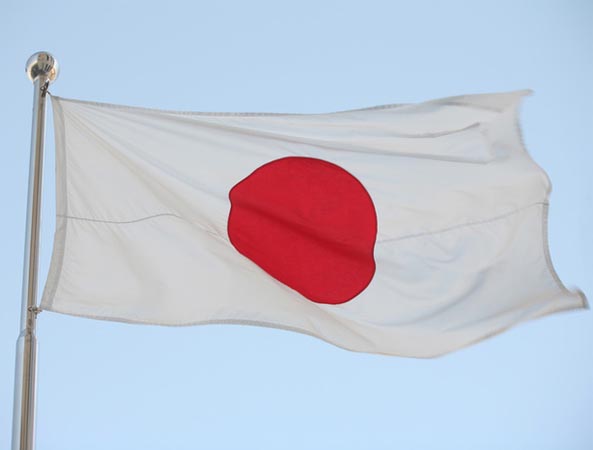Japan imposes new sanctions against North Korea
 Tokyo - Japan on Friday imposed stronger restrictions on money transfers to North Korea and extended existing sanctions against its totalitarian neighbour after its weekend rocket launch. The existing sanctions - including a ban on North Korean imports and a ban on ferry trips, the only transport link between the two countries - were due to expire Monday but were extended for another year.
Tokyo - Japan on Friday imposed stronger restrictions on money transfers to North Korea and extended existing sanctions against its totalitarian neighbour after its weekend rocket launch. The existing sanctions - including a ban on North Korean imports and a ban on ferry trips, the only transport link between the two countries - were due to expire Monday but were extended for another year.
The new sanctions are "aimed at shedding light on the flow of funds [to North Korea]," Foreign Minister Hirofumi Nakasone said.
The new restrictions lower the amount of remittances to North Korea than must be reported to the Japanese government from 30 million yen (300,00 dollars) to 10 million yen.
Japan also lowered the amount of money travellers may carry into North Korea without government approval to 300,000 yen from 1 million yen.
The government of Prime Minister Taro Aso, however, decided against imposing a debated ban on all exports to North Korea.
"Given the stalled talks on the issue of the abductions, I believe our action is appropriate," Nakasone said, referring to kidnappings of Japanese citizens by North Korean agents in the 1970s and '80s, which Japan said remain unresolved.
The decisions on the sanctions came after Pyongyang carried out a launch Sunday that it said was for a communications satellite and was successful. Japan, the United States and South Korea, however, said the launch was a test of an intercontinental ballistic missile. They said it failed after passing over northern Japan.
The import and ferry ban were imposed after North Korea carried out a series of missile tests in July 2006. Three months later, Pyongyang conducted its first and so far only nuclear test.
Since then, Japan had continuously renewed the sanctions every six months.
It and the United States are also trying to pass a resolution in the UN Security Council condemning Sunday's launch but have met resistance from China and Russia, two of the council's five veto-wielding permanent members. (dpa)